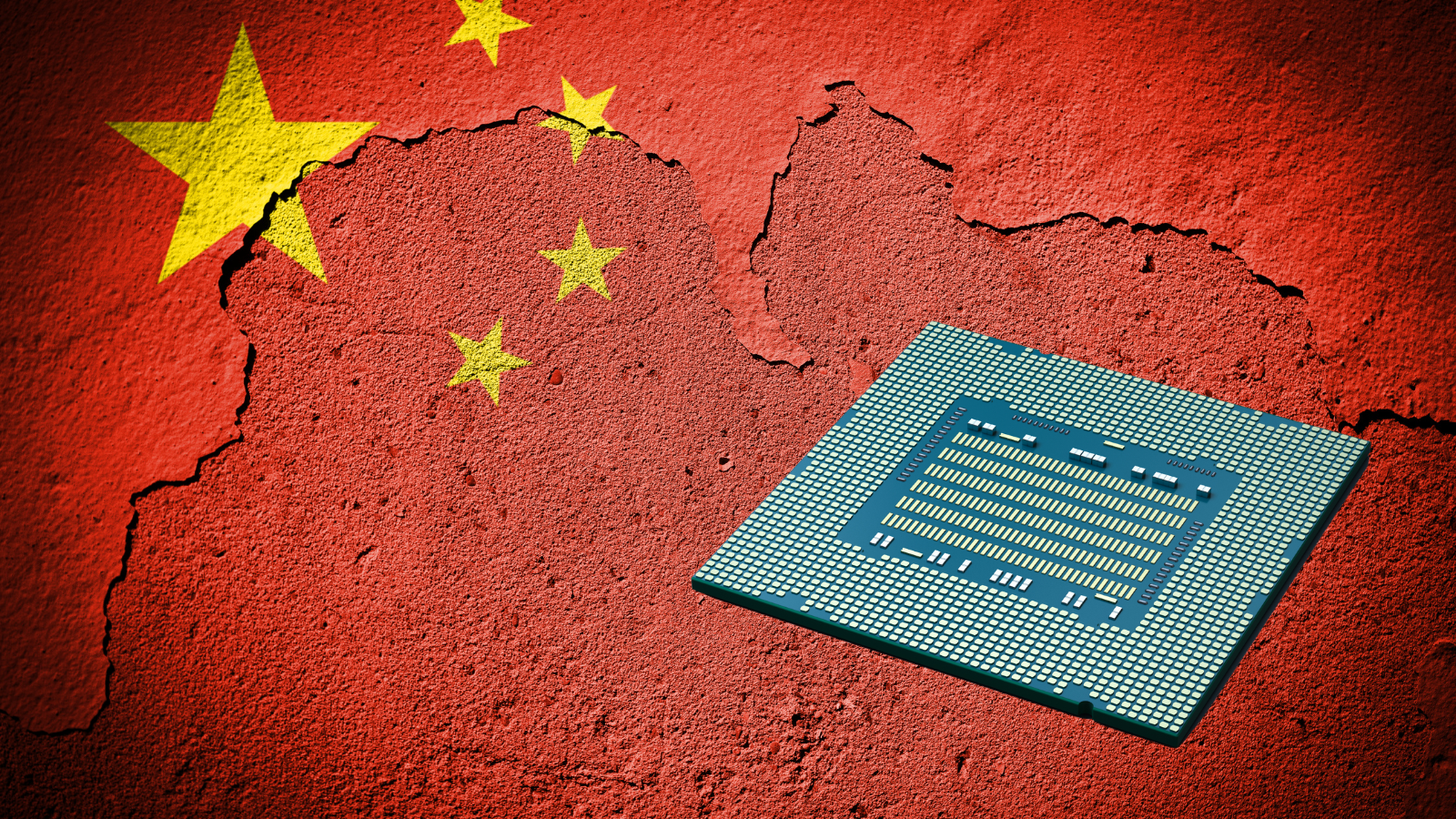China Implements Ban on Micron Chip Purchases
🇨🇳 China Implements Ban on Micron Chip Purchases.
Micron Technology, a prominent global manufacturer of memory chips, holds a significant position in the production of crucial components like DRAM (Dynamic Random Access Memory) and NAND flash memory. These high-performance chips play a vital role in powering various electronic devices, ranging from computers and smartphones to servers, gaming consoles, and automotive systems. The reliability and performance of Micron chips have earned them a reputation for their contribution to the advancement of technology across diverse industries. However, recent developments have emerged with China imposing a ban on the purchase of Micron chips. This decision has significant implications for both the memory technology industry and the broader landscape of electronic devices. China, being one of the world's largest consumer markets for electronic products, has a substantial impact on the global semiconductor industry.
Taiwan Semiconductor Manufacturing Company (TSMC) recently inaugurated its inaugural chip plant in Japan, a move aimed at diversifying its supply chains amidst escalating trade tensions between the U.S. and China.
Recogni Inc., an AI startup specializing in technology for self-driving cars, recently secured $102 million in funding.
Commerce Secretary Gina Raimondo's got her eyebrows raised about China's chip wizardry, and she's saying Uncle Sam won't sit back.
Micron Technology Inc. has announced a significant investment of $602 million in its chip-packaging plant in China, despite recent restrictions imposed by the Chinese government on the use of its semiconductors.
Micron Technology, a prominent global manufacturer of memory chips, holds a significant position in the production of crucial components like DRAM (Dynamic Random Access Memory) and NAND flash memory.
The Semiconductor Industry Association, a major US industry group, wants clear rules from the Biden administration regarding investment restrictions for chip companies in China.
South Korea is aligning with the United States and Japan, which could lead to greater cooperation and coordination among these countries in the development and production of advanced semiconductor technologies.
Economic historian Chris Miller, a professor at Tufts, is tackling the challenges associated with the semiconductor industry with their new book, "Chip War: The Fight for the World's Most Critical Technology”.
The US semiconductor industry is starting to stir as the $52 billion in subsidies from the CHIPS act sits on the table.
Dutch officials have refused the White House’s not-so-subtle attempts to curtail The Netherlands’ sale of chipmaking equipment to China.
Around 65% of the global semiconductor supply is originating from Taiwan - another 90% when it comes to the smallest type of semiconductor chip.
Not only that, but they are also in the top slot for rare earth concentrate production and control up to 90% of the semiconductor chip global manufacturing supply chain.
There are many questions being posed for automakers rallying around zero-emissions vehicles.
The two nations arranged a meeting between Senior US National Security Council official Tarun Chhabra and Under Secretary of Commerce for Industry and Security Alan Estevez, and they are scheduled to discuss the matter later this month.
The CHIPS Act cannot be the only step for U.S. semiconductor world domination.
The CHIPS Act probably won’t solve the looming semiconductor problem.
With all the talk about electric vehicles and enhancing supply chains, the demand for chipmaking has never been greater.
The global chip manufacturing industry can’t seem to catch a break.




















The Biden administration has committed up to $6.4 billion to help Samsung Electronics set up a major computer chip manufacturing hub in Texas.